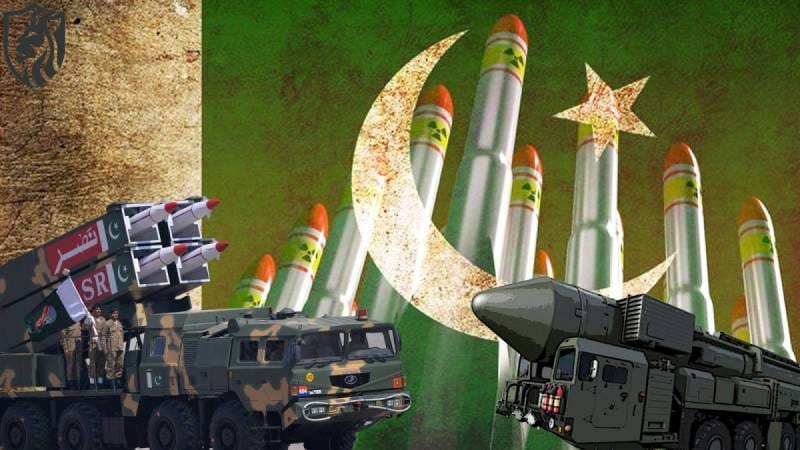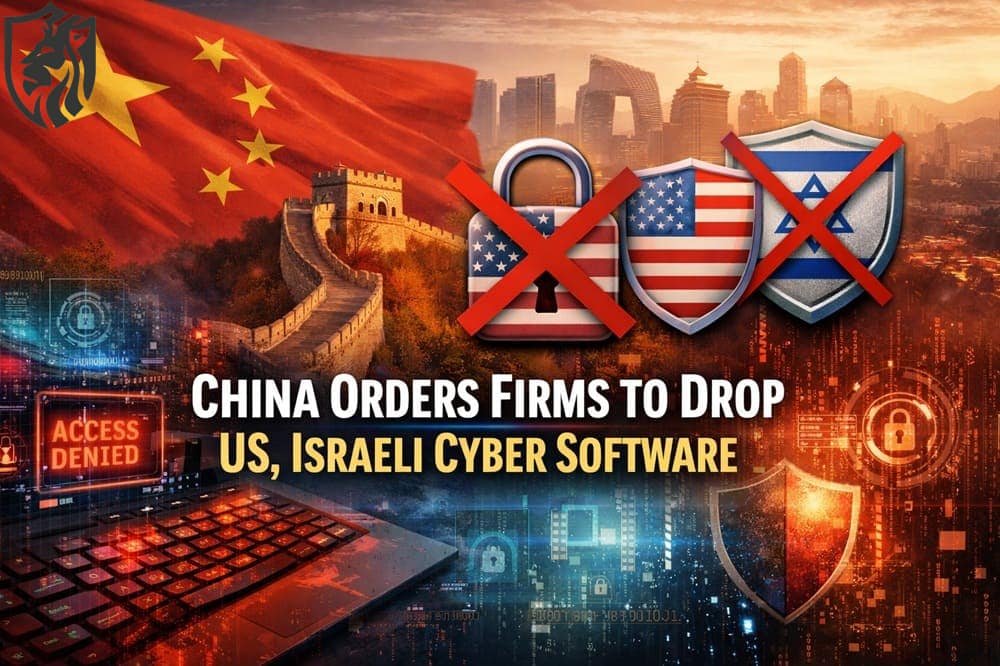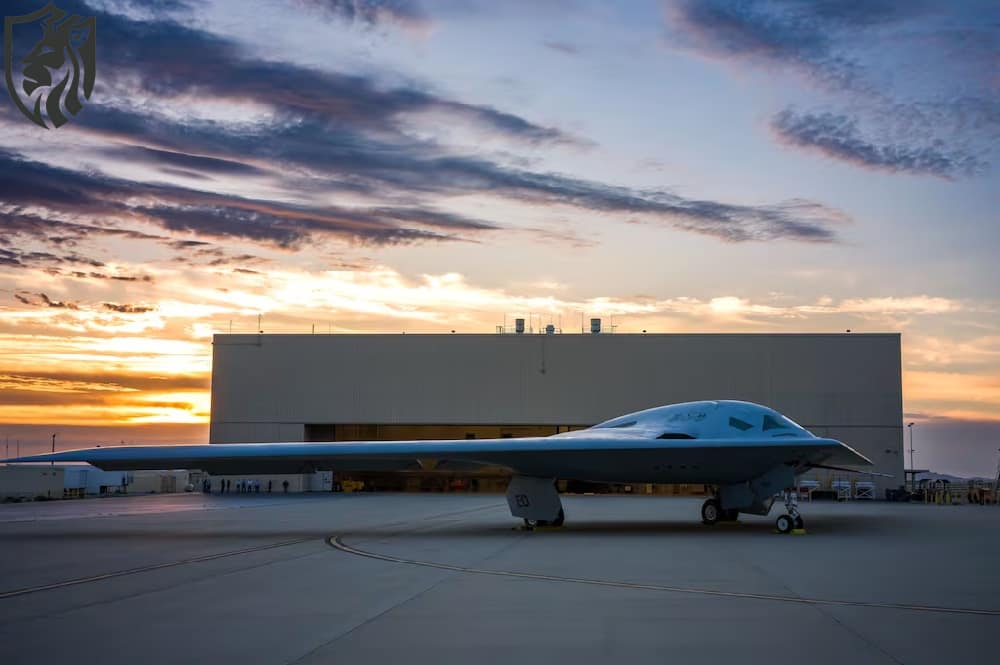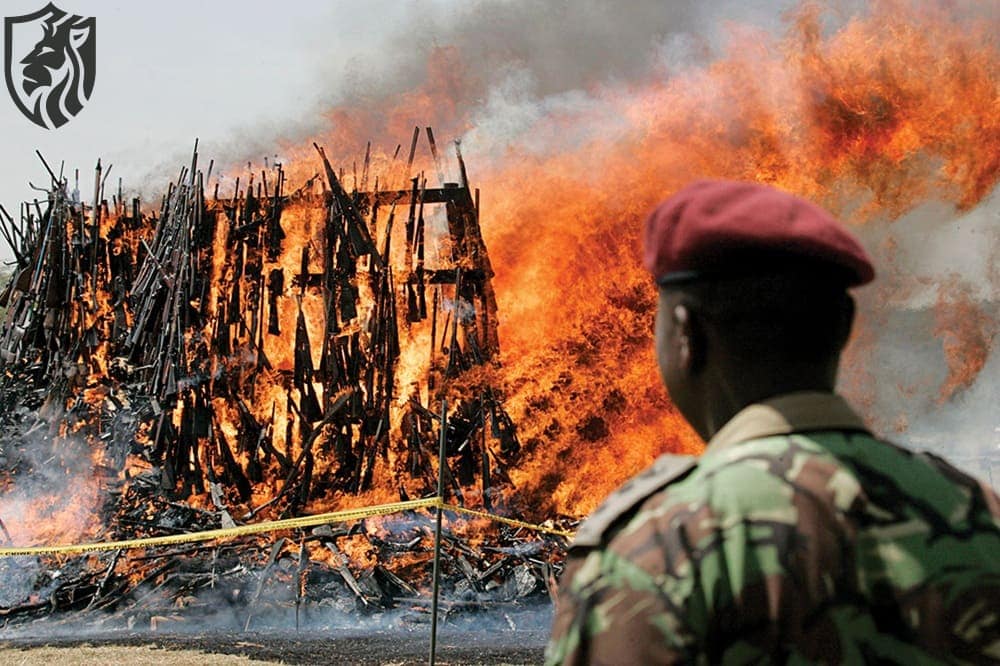
Pakistan Launches Army Rocket Force
Pakistan celebrated its Independence Day by announcing a watershed strategic move—the activation of the Pakistan Army’s Rocket Force. Despite the force’s long-standing secret establishment, its official activation marks a significant shift in the country’s evolving military strategy.
The establishment of the new force is for geopolitical as much as military purposes, bringing Pakistan on par with the cutting-edge capabilities of global powers such as the United States, China, and Russia.
Geo-Strategic Implications Impacting the Rocket Force
Recent events have drastically changed the security landscape of South Asia. A short but intense war with India saw Pakistan emerging with a clear advantage. India lost valuable assets such as French Rafales downed by Chinese-tested J-10C fighter aircraft, along with superior control of the battlefield by Pakistan’s armed forces. The clash was no fleeting encounter—it was a reset moment for the world’s militaries, including those of NATO allies.
US, British, and European defense planners expected such high-tech, multi-domain warfare in probable conflicts like US-China or NATO-Russia but not between India and Pakistan. India’s sudden loss of strategic air dominance, coupled with the neutralisation of its S-400 defence system, compelled the country to appeal to numerous world powers in a hurry.

Diplomatic Realignment in the Post-War Period
The outcome compelled Washington to rethink its policies towards Pakistan and South Asia. For a long time, the Af-Pak label has devalued Pakistan’s regional status by grouping it with Afghanistan. Post-conflict dynamics reconstituted the “Indo-Pak” paradigm, affirming Pakistan’s rightful place as a major regional power.
India refused to align with US expectations, keeping Russian oil and avoiding extra pressure on China through the QUAD. Pakistan, in contrast, maintained cordial ties with the US, China, Russia, Europe, and the Middle East. It even brokered quiet understandings between Washington and Beijing, building trust among rival powers.
This strengthened Pakistan’s role as a valuable partner in conflict de-escalation and strategic mediation. The US now views Pakistan as a dependable long-term partner, beyond just economic engagement. Selective defense cooperation has also become part of the relationship’s scope and future potential.
China remains Pakistan’s main military ally for war platforms and missile technology. Even so, Islamabad’s diplomacy now carries significant influence in key global decision-making hubs.
The Need for the Rocket Force
From a defense perspective, Pakistan’s enhanced status as a major conventional power justifies structural changes. Until now, the Strategic Plans Division (SPD) managed both nuclear and conventional missile forces. This ambivalence erased the distinction between conventional deterrence and nuclear posture.
On the model of the PLA Rocket Force of China, Pakistan also chose to form a separate conventional missile force command. Such an arrangement enables the SPD to exclusively concentrate on nuclear deterrence and delivery systems like the Nasr, Abdali, Ghauri, and Shaheen series and the MIRV-equipped Ababeel.
Organizational Scope of Pakistan Army’s Rocket Force
The Rocket Force will deploy and employ thousands of conventionally armed missiles—everything from subsonic and supersonic cruise missiles to ballistic missiles and emerging hypersonic missiles. They consist of precision strike systems, saturation systems, and long-range deterrence systems.
By creating a specialist command, Pakistan can guarantee that its missile forces can keep pace with new threats. The Rocket Force will be autonomous within the Army command structure, having its own weapons requirements, acquisition priorities, and operational doctrines.
Hypersonic weapon development, already underway on the research side, will significantly enhance this capability. When deployed, these systems will compress decision-making windows for adversaries and render missile defense difficult—further enhancing Pakistan’s deterrent position.

Institutionalizing Missile Warfare
An institutional stockpiling, maintenance, and quick deployment strategy of missiles will enable the Rocket Force. This will incorporate the integration of cutting-edge targeting systems, secure communications, and AI-based battle management systems. With progressively sophisticated regional missile defense systems, the Pakistani missile force will focus on mobility, survivability, and quick firing capabilities.
Its development is a demonstration of Pakistan’s intention to coordinate its regional power status with the high-tech command-and-control infrastructure characteristic of a leading military. The extent of these systems reflects the role that similar forces play in the United States, China, and Russia, and they serve as a keystone component of national defence policy.
Nuclear and conventional separation of commands
The new alignment exclusively commits the SPD to nuclear deterrence and strategic delivery systems. The Rocket Force will be committed to conventional war and escalation control. This delineation will give confidence to the world that Pakistan has judicious command procedures in place and can distinguish between conventional and nuclear red lines.
Recent crises have demonstrated the rapid pace of rising tensions with India; yet the establishment of two distinct commands by Pakistan indicates adherence to cautious escalation management and patriotic military stewardship.
Global Recognition and Future Outlook
Both the US and China recognise Pakistan’s increased military status. This role brings responsibility for regional stability and peace. Pakistan must remain a stabilising force while maintaining its strong conventional warfare capabilities.
In the coming years, missile procurement will grow rapidly with Pakistan’s defense spending. The country will invest heavily in hypersonic glide vehicles and long-range cruise missiles. Road-mobile ballistic systems will also strengthen Pakistan’s missile arsenal and strategic mobility. These upgrades will keep the Rocket Force credible against regional and global threats.










